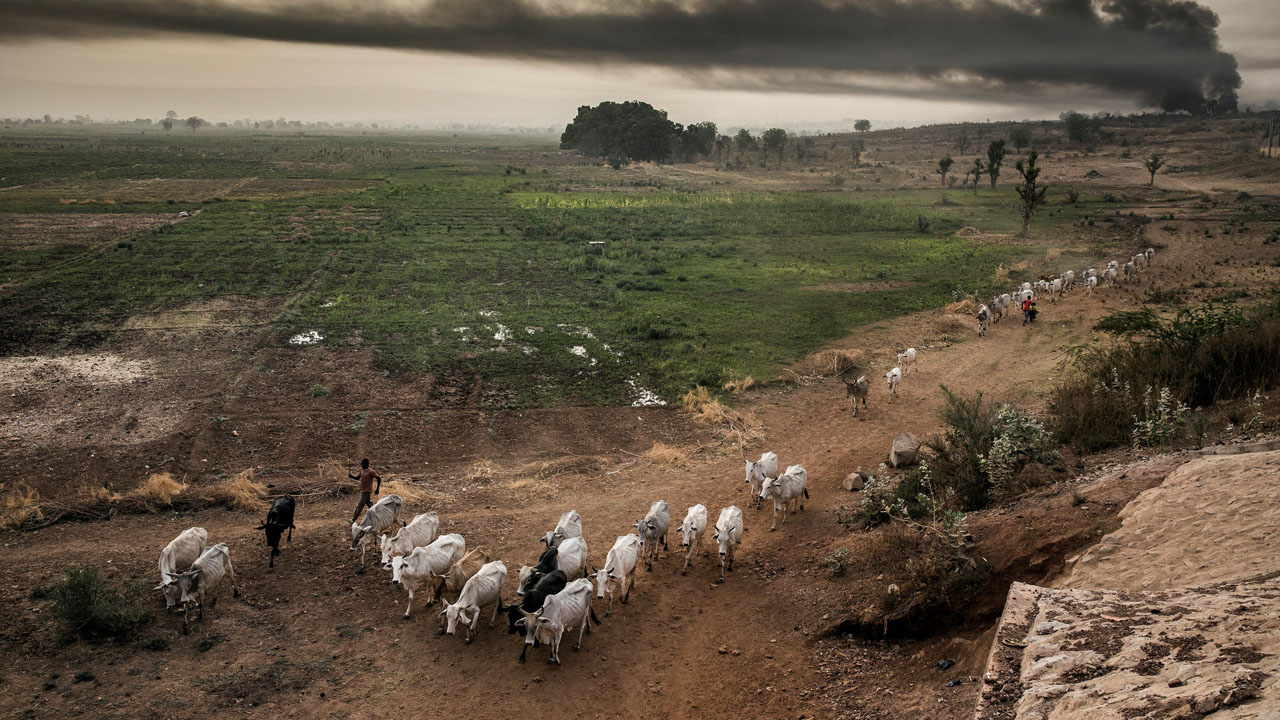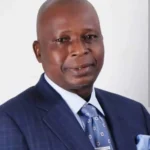The Southern and Middle Belt Leaders’ Forum (SMBLF) said it is not contented with the suspension of the RUGA settlement project, an initiative put forward by the Federal Government to address the farmers-herders’ crisis.
In a statement made available to our correspondent on Sunday, the forum expressed suspicion that the suspension was a ploy to hoodwink them into it.
Mr. Yinka Odumakin (South West); Prof Chigozie Ogbu (South East), Senator Bassey Henshaw (South South) and Dr. Isuwa Dogo (Middle Belt) endorsed the statement, restating the RUGA project was “insensitive”.
They said the only condition to relax their opposition to the project was outright cancellation.
The group also condemned the statement allegedly issued by an Arewa Group which issued a 30-day ultimatum that the “Northern Cows” should be given equal rights in the South.
The Southern and Middle Belt leaders said they gathered from intelligence that the suspension was as a result of the brick wall the Federal Government met in the Land Use Act which vests all lands in a state governor.
“It is being alleged that there will be moves to repeal the Land Use Act in the suspension period so the Federal Government can have authority over land which is currently under the states,” the group claimed.
It however, called on its members in the National Assembly to “be vigilant of any surreptitious bill that may be introduced to tamper with control of land and thwart such without any waste of time.”
“The 2014 National Conference debated this issue at length and resolved to retain the Land Use Act in the Constitution,” the statement added.
The SMBLF also urged the lawmakers to reject the Executive Bill, sponsored by President Muhammadu Buhari, to establish a Regulatory Framework for the Water Resources Sector in Nigeria as well as provide for the Equitable and Sustainable Redevelopment, Management, Use and Conservation of Nigeria’s Surface Water and Groundwater Resources and for Related Matter.
The statement read: “This bill seeks to abrogate all existing laws and institutions governing the management and control of water resources nationwide and replace them with new ones in a manner that gives the President, through the Minister of Water Resources, the power to control the nation’s rivers (especially those that pass through more than one state, lakes and underground water.”

 Join Daily Trust WhatsApp Community For Quick Access To News and Happenings Around You.
Join Daily Trust WhatsApp Community For Quick Access To News and Happenings Around You.


